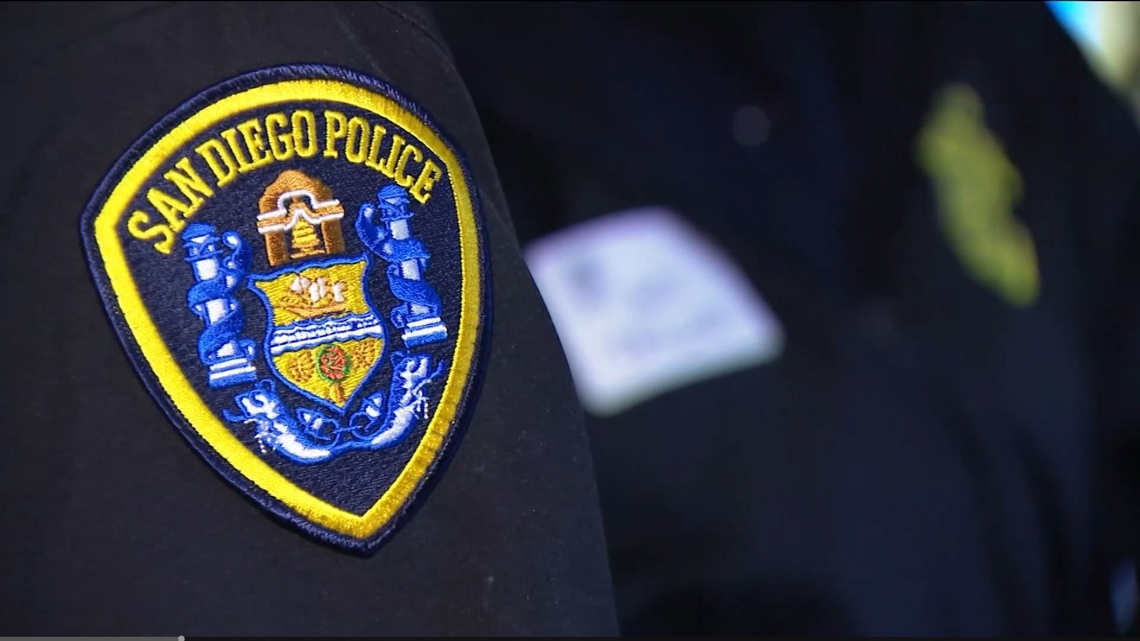California Law Enforcement Group Opposes New Identification Bill
SACRAMENTO, Calif. — The Peace Officers Research Association of California (PORAC), the state’s largest law enforcement association, is expressing strong opposition to a proposed bill that would mandate visible identification for police officers. The association argues that the legislation is driven by frustration over federal immigration enforcement practices, which they believe could endanger officer safety.
Brian R. Marvel, president of PORAC, cited Senate Bill 627 as a prime example of misguided legislation. The bill seeks to outlaw officers from wearing masks that obscure their identities and insists that their names must be clearly displayed on their uniforms.
Need bail in California? Give us a call
“We are part of California’s communities, which we are proud to serve and call home,” remarked Marvel. “Using local law enforcement as a punching bag to grandstand against the federal government should not be acceptable practice from our state leaders. It is misdirected, misguided, and intolerable.” His comments come in light of the bill’s implications for community trust and officer dynamics.
Senate Bill 627, introduced by State Senators Scott Weiner (D-San Francisco) and Jesse Arreguin (D-Berkeley), aims to enhance transparency in law enforcement. However, the proposed legislation creates exceptions for SWAT teams and medical masks, acknowledging the need for health-related protective gear.
Senator Weiner commented, “The recent federal operations in California have created an environment of profound terror. If we want the public to trust law enforcement, we cannot allow them to behave like secret police in an authoritarian state.” He believes that visible identification will foster stronger relationships between law enforcement and the communities they serve.
Marvel countered by emphasizing that California’s current laws already include measures for accountability. “SB 627 would force our officers to choose between personal protection and a misdemeanor, risking their safety and our communities’ safety for a law that solves nothing,” he said. He pointed out that existing regulations ensure officers can be identified without compromising their safety.
The bill is currently headed to committee for an upcoming vote, and its future remains uncertain as discussions continue between lawmakers and law enforcement groups. The implications of this proposed legislation are significant, touching on issues of community trust, officer safety, and the relationship between local law enforcement and federal policies.

